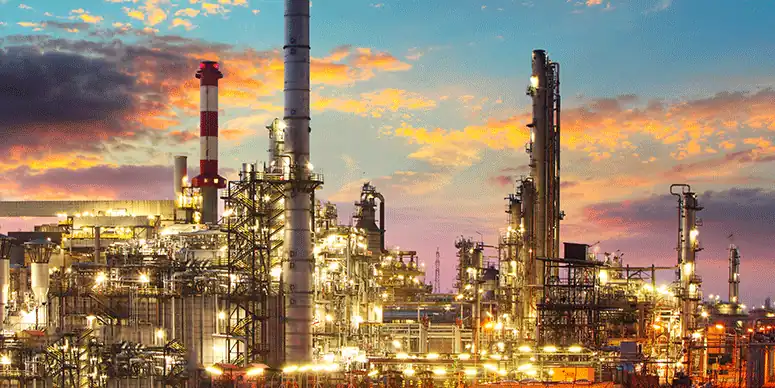Faced with increasingly stringent global environmental regulations, the need for flue gas desulfurization in FCC (Fluid Catalytic Cracking) units in refineries is becoming increasingly urgent. Traditional flue gas end-of-pipe desulfurization (such as wet scrubbing) is expensive in terms of both investment and operating costs. However, magnesium oxide-based sulfur transfer additive technology, due to its direct integration within the FCC unit, relatively simple operation, and significant cost-effectiveness, has become a very attractive alternative. Hebei Messi Biology Co., Ltd.’s high-quality magnesium oxide is a core element in helping refineries achieve a win-win situation for both economy and the environment.

Magnesium Oxide Sulfur Transfer: Principles and Value
Sulfur transfer additives (mainly MgO-containing additives) efficiently capture SOx in the high-oxygen environment of the FCC regenerator to generate MgSO₄. In the reducing hydrocarbon environment of the reactor, MgSO₄ decomposes and releases H₂S, which is ultimately converted to elemental sulfur in a mature Sulfur Recovery Unit (SRU). This process cleverly utilizes existing unit processes, greatly reducing the investment and operational pressure of new environmental protection facilities.
“Messi” Magnesium Oxide: Advantages Build Competitiveness
Messi Biology deeply understands the refinery’s pursuit of cost reduction and efficiency improvement. The core advantages of its magnesium oxide specifically for sulfur transfer additives directly translate into user value:
- Low Cost, High Return: Exceptional purity and activity mean lower unit sulfur transfer costs. Less additive addition can achieve the target desulfurization rate, significantly reducing additive procurement costs. At the same time, long life reduces replacement frequency and waste disposal volume, further saving overall costs.
- Efficient Desulfurization, Easy Compliance: High specific surface area and optimized pore structure ensure excellent initial activity and continuous high sulfur transfer efficiency (typically up to 70%-90% or more), helping refineries consistently meet strict SOx emission limit requirements.
- Unit Friendly, Worry-Free Operation: Excellent physical strength and thermal/hydrothermal stability ensure that the particles are not easily pulverized and broken in the harsh FCC circulating environment, reducing fine powder loss and interference with the main catalyst, maintaining unit fluidization quality and long-cycle stable operation.
- Customized Services: Hebei Messi Biology Co., Ltd. can provide customized products with optimized particle size distribution and formulation according to the raw material properties, unit characteristics, and target desulfurization rate of different refineries, ensuring that the additives perform at their best.
Case Study: Visible Cost Reduction and Efficiency Improvement
After a large domestic refinery adopted sulfur transfer additives based on Messi Biology’s high-purity magnesium oxide, the flue gas SOx concentration was stably controlled below 50mg/Nm³ with only 80% of the additive dosage of conventional products, far below the national standard. At the same time, the additive consumption rate was reduced by about 25%, saving hundreds of thousands of yuan annually in additive costs and waste disposal fees, achieving both economic and environmental benefits.
Partner with Messi Biology, Win-Win for Green Refining
Hebei Messi Biology Co., Ltd. is committed to becoming a strong backing for refinery environmental upgrades. Its high-performance magnesium oxide is key to maximizing the effectiveness of sulfur transfer additives, providing refineries with an economical, efficient, easy-to-operate, stable, and reliable flue gas desulfurization pathway. Choosing Messi Biology’s magnesium oxide means choosing a smarter environmental investment and more significant economic returns! Contact Messi Biology now to start your low-cost, high-efficiency desulfurization journey!
